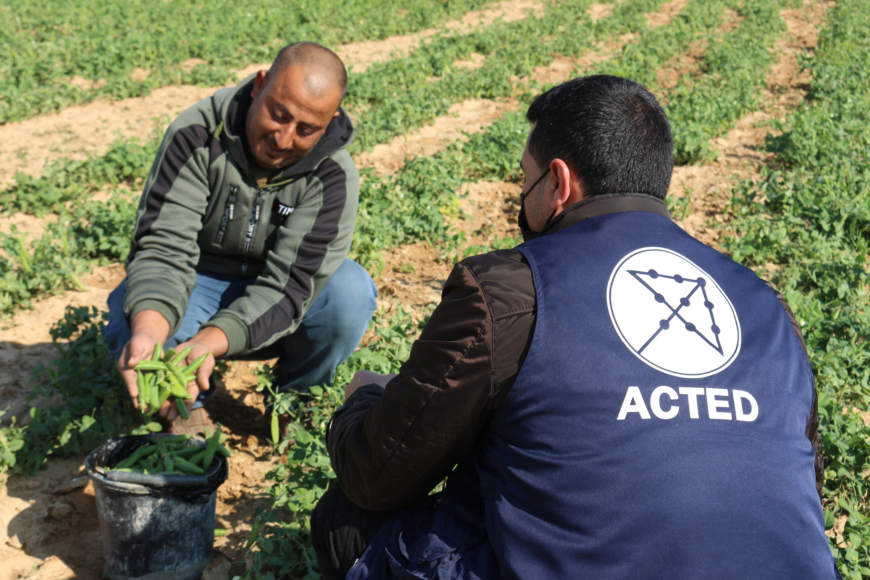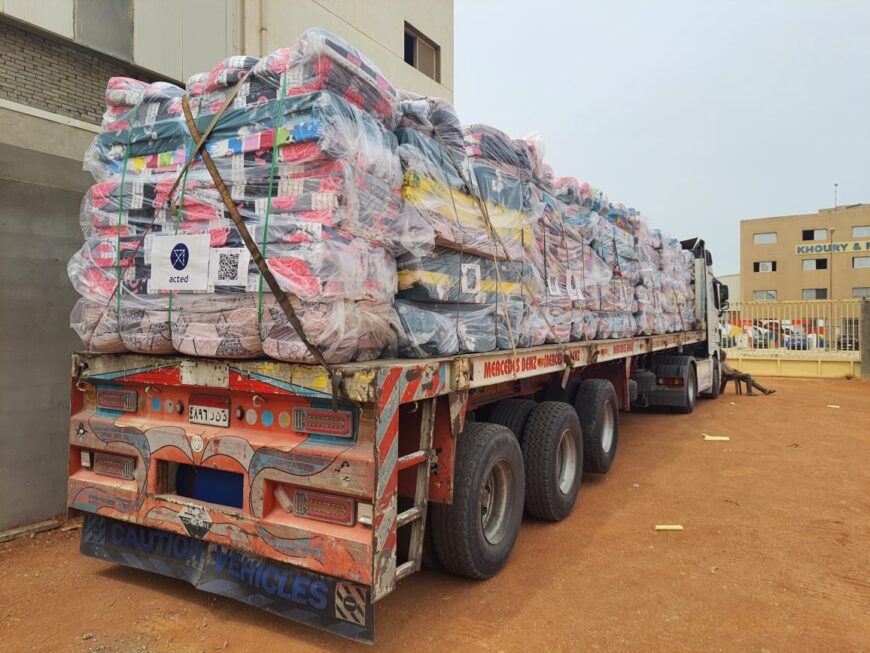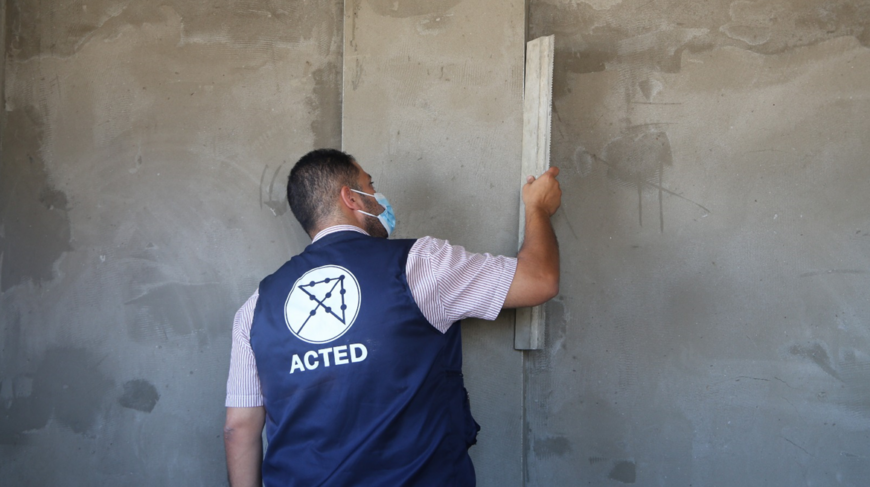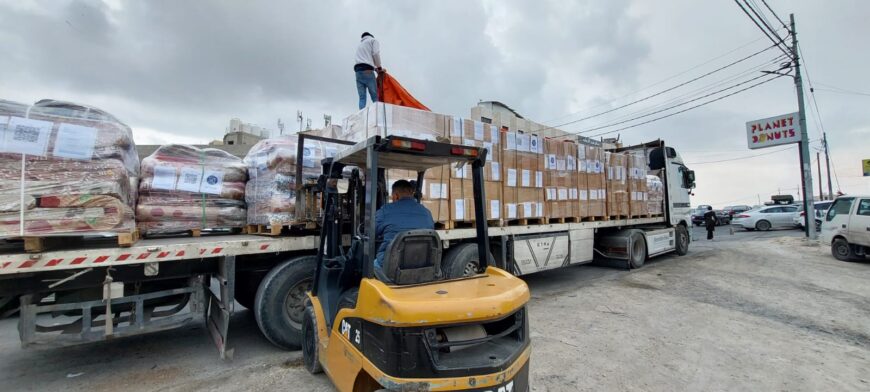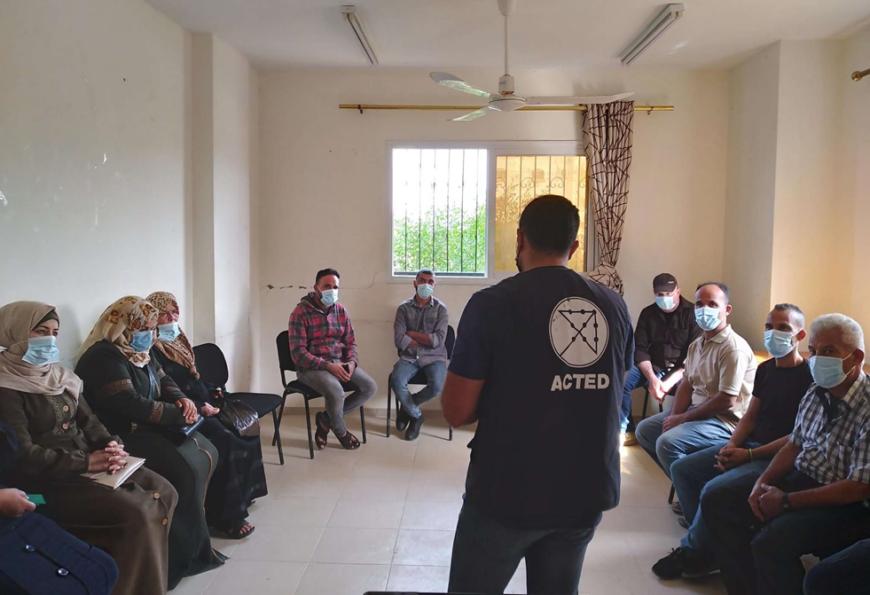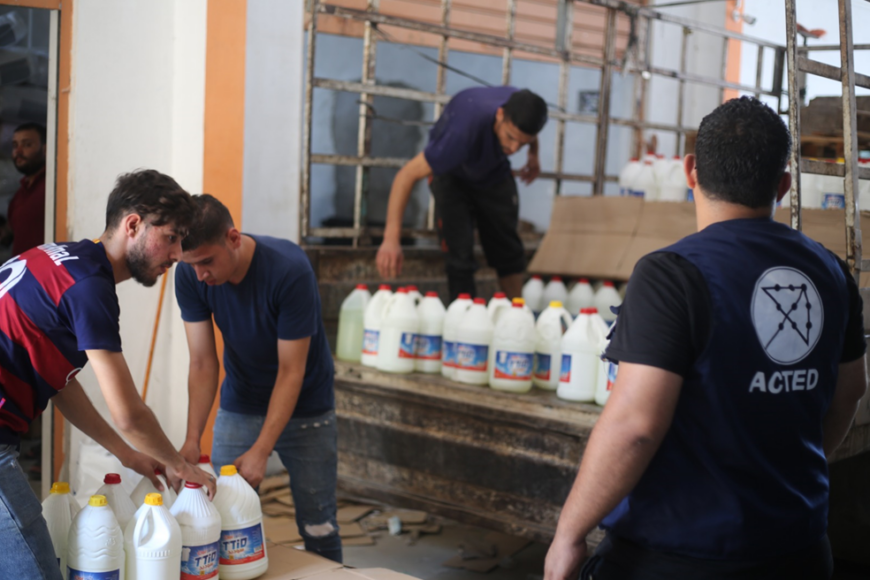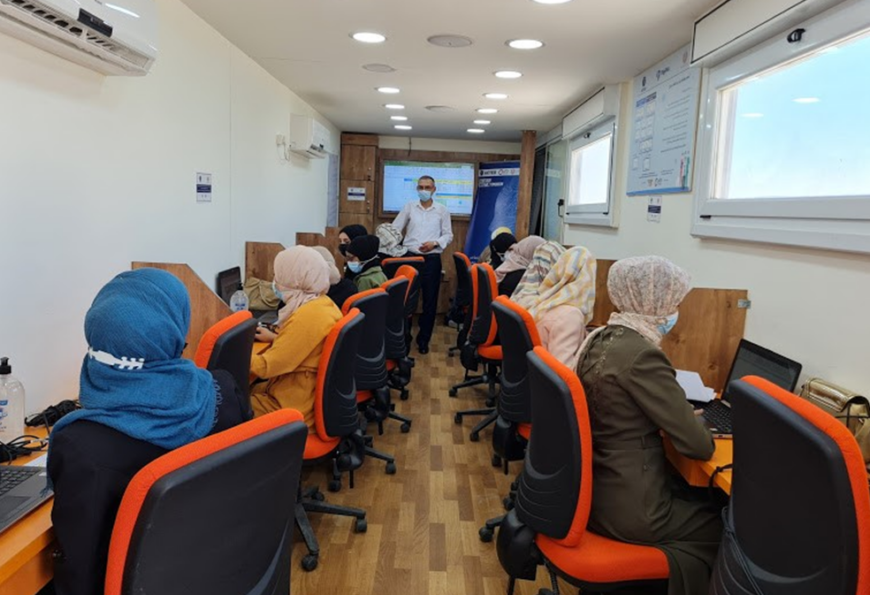Acted has been present in the West Bank since 2007 and in the Gaza Strip since 2008. With its office in Jerusalem, Acted has been responding to humanitarian needs and development challenges in the Occupied Palestinian Territory through an integrated approach. In view of the worsening of the humanitarian situation in recent years, and even more so since 7 October 2023, Acted is mobilized to respond to the basic needs of the populations affected by the conflict.
The Occupied Palestinian Territory has been facing a complex multi-level crisis, exacerbated by the outbreak of the conflict on 7 October 2023.
The Gaza strip has been suffering from the closure on the movement of goods and people, and consecutive shocks since 2007. The multiple armed conflicts that occurred since 2008 have been detrimental to the population’s well-being. This includes the current conflict further worsening the already dire humanitarian conditions.
In the West Bank, the living conditions of the population are impacted by limited economic development, leading to precarious living conditions, and aggravating the population’s humanitarian needs.
Acted in the Occupied Palestinian Territory
Since 2007, Acted has been implementing numerous humanitarian and development aid programmes in the Occupied Palestinian Territory.
On the humanitarian front, Acted has been providing support to vulnerable households living in precarious conditions through the rehabilitation of shelters, the provision of food and non-food items, and by facilitating access to drinking water, hygiene, and sanitation. Following the outbreak of the conflict on 7 October 2023, Acted scaled up its interventions in the Gaza Strip, responding to the immediate needs of the displaced populations. Acted has intensified its emergency response to the growing needs of the most vulnerable populations in the West Bank. Throughout all its interventions, Acted also targets victims of gender-based violence, helping them rebuild their livelihoods and become financially independent.
In terms of development, until 2023, Acted has been mobilized to promote inclusive economic growth through digital innovation to generate employment opportunities for young graduates and entrepreneurs in the West Bank and Gaza Strip.
In 2023, Acted provided support to more than 25,000 vulnerable people through humanitarian interventions (shelter, NFIs, food security and WASH), civil society strengthening and inclusive economic development.
